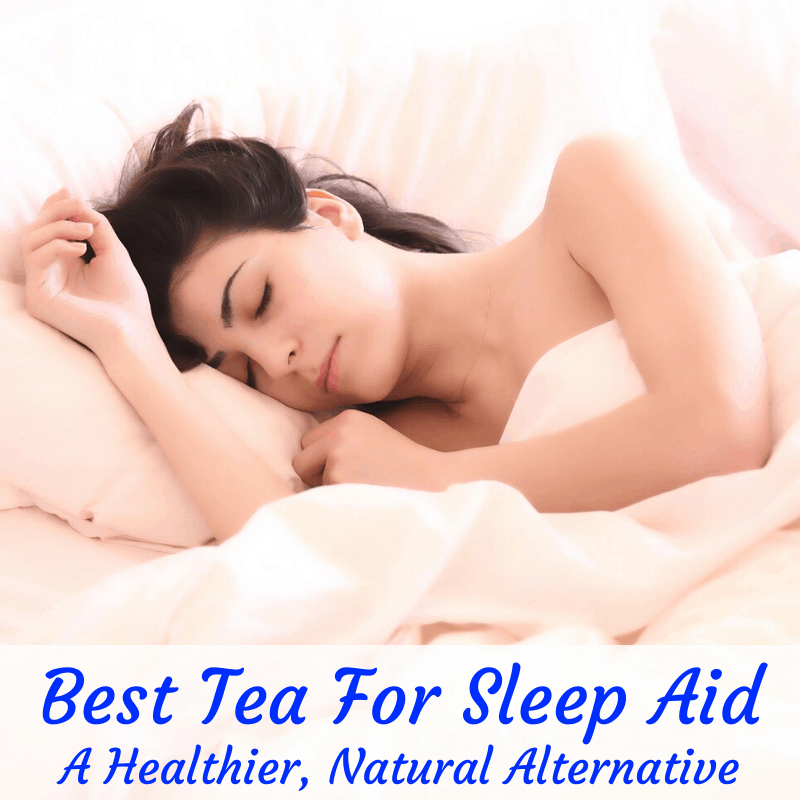 Don’t you just hate lying awake at night, unable to fall asleep?
Don’t you just hate lying awake at night, unable to fall asleep?
Or not being able to relax and calm the million worries rushing through your head?
You’re not alone.
We all find ourselves unable to sleep at some point. And some have this problem every night.
We also all face times when we have so much on our plate that we can’t stop the flood of anxious thoughts in our head.
That’s why sleep and relaxation aids are such a big business.
But instead of giving your money to the pharmaceutical companies and getting a bunch of unwanted side-effects in return, why not try some natural sleep aids first?
If a natural herbal tea can help you sleep or ease your anxiety, there’s no need to visit the pharmacy. And since they have no dangerous side-effects and cost so little, there’s no reason not to give them a try.
But which sleepy tea is best? There are a ton of them out there.
Don’t worry, we’ll cover the best teas for sleeping and relaxing below. First, let’s take a closer look at what makes tea such a great sleep aid (and much better than pills, alcohol, etc.).
Table of Contents
The Magic Of Sleepy Time Teas
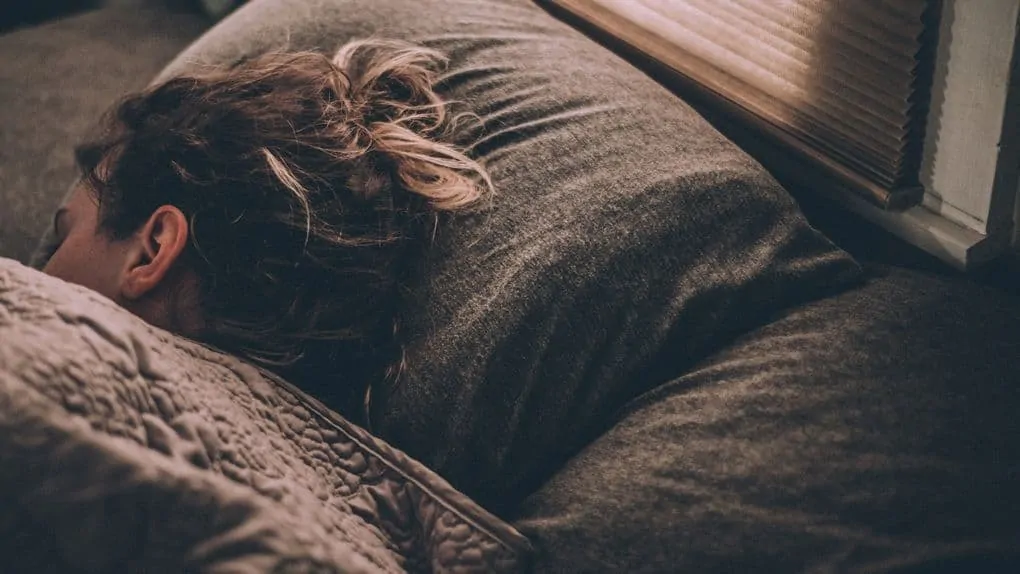
If you have trouble falling asleep, staying asleep, or even relaxing at the end of the day, then you may have turned to a sleep aid at some point. But for many, these over the counter and prescription sleep aids are not very effective.
They may not even work after a certain period of time, or you may simply want to avoid them because of their reputation as being habit-forming.
If you’re looking for a natural solution to your sleeping issues, then herbal teas can be the answer and a safe alternative that comes with no side effects and won’t leave you feeling drowsy the next morning.
While there are no questions that there are many benefits linked to drinking tea in the morning, you can also benefit from drinking tea close to bedtime.
If you’re tired of over the counter or prescription sleep aids, here’s a natural alternative that may be right up your alley and one that comes with some great health benefits.
If you’re tired after a long day at work, but your brain just doesn’t want to slow down and relax, tea is the answer.
Tea is actually the answer for a lot of things, whether you’re feeling stressed, you need a natural energy boost, or you need a nice hot beverage that can help you drift off at night. And tea won’t break your fast either, as long as you don’t add any sweeteners.
Many tea drinkers have their own brand and type of sleepy tea that helps them rest better at night, although plenty are quick to admit that they don’t know exactly what is in these teas that actually work to help them fall asleep.
There are many types of teas that can help you fall asleep or feel more relaxed. But some are specifically designed to help you rest better at night. There are also definitely some types of tea that you’ll want to avoid drinking late at night. And it’s not just the tea itself that helps. The act of preparing it can help calm you too.
Nightly Ritual
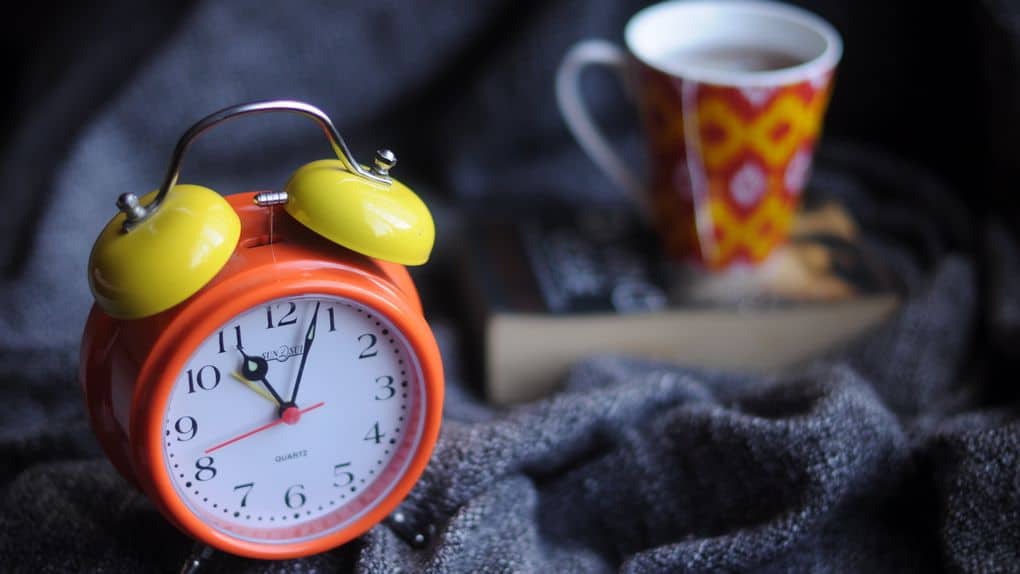
Of course the warmth from the tea can help promote sleep and relaxation, but having a nightly ritual can add to the calming effect.
For example, if you fill you whistling kettle with water and place it on the stove, take out all of your tea tools and than preparing a hot cup of tea, this act of making the tea can also become a signal to turn off for the night.
Get a model that is easy to use and clean, like the Pykal Whistling Tea Kettle, and preparing tea becomes a breeze, even after a long day at the office. It is something that helps you unwind and get ready for bed, not a chore you have to accomplish.
Herbal Teas For Sleep Aid
There are some blends or herbal teas that are meant to help you relax and can even help you drift off to sleep. These are not actually true teas (i.e. from the tea plant, aka camellia sinensis), so they do not contain any caffeine.
These include:
- Lavender
- Lemon balm
- Passionflower
- Lemon balm
- Magnolia bark
- Chamomile
- Valerian root
There are other types of herbal teas that are great for bedtime use, but these are the most commonly used.
Since chamomile is a very relaxing herb, it can make you feel sleepy. Lavender has a beautiful, relaxing scent and drinking it can definitely put you in the right mindset for bedtime. Valerian root is considered a natural sedative, making a nice hot cup of valerian tea perfect for bedtime.
Herbal teas do not contain any caffeine, unless it has been added artificially. It should go without saying to avoid those. When you drink a cup of valerian root or linden flower tea, you want to find yourself quickly becoming sleepy and relaxed, not alert and hyper.
When To Drink Them
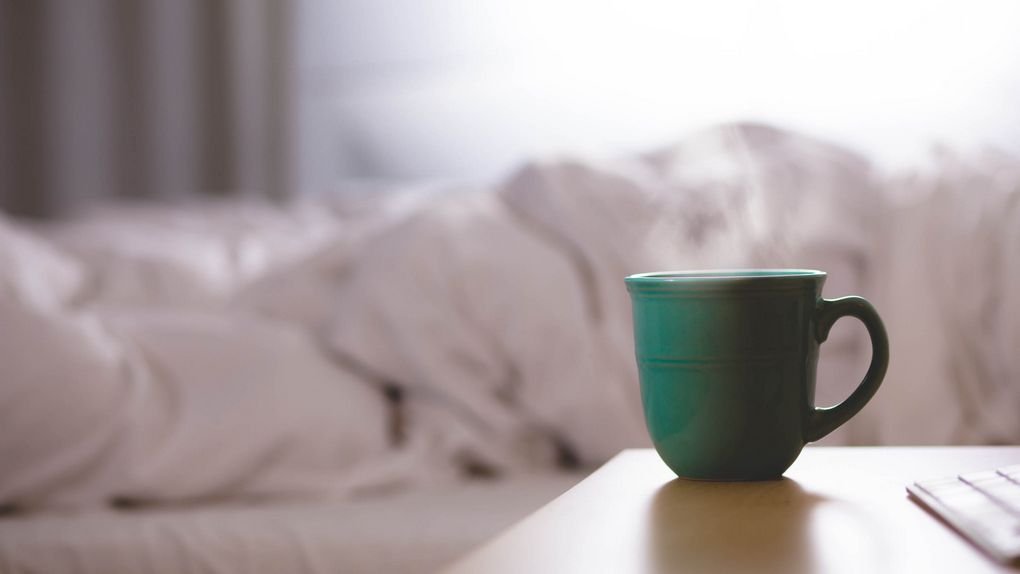
Drinking tea before bed can help you in many ways. Of course, it depends on the type of tea you’re drinking. Some teas can take effect faster than others.
On average, you’ll want to drink a cup approximately one hour before your bedtime. How fast the tea takes effect can depend on the brand, the strength of the brew, how full your stomach is, and your unique brain chemistry.
One hour before bed is a good starting point, but you may find that the tea takes effect much faster or slower than you anticipated. In that case, adjust how soon before bed you drink it accordingly.
How They Can Help
Drinking tea right before bed can be the best way to unwind after a long day. It’s also a great solution for people who have trouble falling asleep due to restless thoughts.
Drinking something warm before bed naturally causes you to feel drowsy since you’re warming yourself up. As you drink your tea, you’ll notice how sluggish you feel due to this extra heat that works to warm you up from the inside out.
The truth is, we aren’t completely certain if it’s the natural herbs that are responsible for the tea helping with sleep, or the simple fact that it’s a warm beverage, or even if it’s just the placebo effect at work. In the end, I guess it doesn’t matter why, if it works.
Whatever the reason, herbal teas are the best type for helping you fall asleep at night. Not only do they contain a relaxing natural herb, but they also lack any caffeine.
Best Tea For Sleep Aid: Top Herbs Used In Nighttime Teas
On average, thirty percent of people suffer from a chronic inability to stay asleep or fall asleep. As a result, many turn to artificial sleep aids. But these are not always a good idea.
Herbal teas are becoming a more popular choice, because they and a great natural way to unwind and fall asleep. These teas have been used for hundreds of years as a natural sleep aid.
Additionally, many studies conducted on these herbal blends have proven that they actually do help you rest better at night. Plus, they have other health benefits.
Let’s take a closer look at some of the most popular herbal teas that can help you sleep better. At the end, I’ll also present my favorite blends that include most, or all, of the herbs listed here.
Chamomile Tea

Chamomile tea not only helps you sleep better, but is also very calming and works great as a natural remedy for anxiety, stress, and even inflammation.
The calming effects are due to apigenin, which is a type of antioxidant. This antioxidant works by binding itself to certain receptors in the brain. It can initiate sleep while also reducing anxiety.
Chamomile is so effective in promoting sleep that a study conducted determined that four hundred milligrams of chamomile extract can have a major positive impact on a person’s ability to fall asleep and stay asleep, especially when taken consistently.
This Egyptian Chamomile is a great top quality tea:
You can also find a good budget alternative here on Amazon.
Finally, you can harvest your own chamomile blossoms to make tea, if you have wild chamomile in your are, or you grow it yourself.
Lemon Balm Tea

This plant belongs to the mint family. It’s often sold in liquid form and used in aromatherapy. The leaves are also dried and used for sleep teas.
Lemon balm is a very aromatic tea that can instantly engulf you in a feeling of total calm. It can help to improve sleep and works to reduce stress.
A study conducted on mice showed that this tea increased the GABA levels, which indicates that it can work effectively as a sedative. Another study conducted on humans showed that there was a more than forty percent reduction in the symptoms of insomnia when participants drank the tea nightly for a period of two weeks.
If you’re someone who has trouble falling or staying asleep more than three times a week, then a nightly cup of lemon balm tea can help. Here is a great package of dried lemon balm to use for tea.
Valerian Root Tea

This is another herb that’s been used for hundreds of years to treat headaches, anxiety, and insomnia. It was actually commonly used during World War II in England to treat soldiers suffering anxiety and stress caused by air raids.
These days, valerian root remains a popular and is common ingredient in sleep time teas. It’s also available in liquid and capsule form, but many people find that drinking a hot valerian root blend tends to be more effective.
To date, researchers are still not certain what type of properties the valerian root possesses that causes it to instantly promote and improve sleep.
One study found that the root increases the levels of gamma aminobutyric acid, which is a type of neurotransmitter, so this may have something to do with it.
When this transmitter is present in high levels, it helps to promote sleepiness. Basically, it functions very similarly to many types of over the counter medications designed to reduce the symptoms associated with anxiety, such as Xanax.
But unlike prescription sleep aids and anti-anxiety medications, valerian root will not cause any type of adverse side effects such as a headache or drowsiness the next morning.
In sort, this type of tea will work to help you sleep better at night by increasing the GABA neurotransmitter levels.
Some studies have even suggested that this herb can improve the overall quality of your sleep by decreasing the amount of nighttime awakenings and the length of time it takes for you to fall asleep.
Here is a great valerian root tea on Amazon:
Lavender Tea

Lavender is a tea that’s also commonly used to help you drift off at night and its aromatic scent is very soothing and can help to instantly promote relaxation. This herbal tea is made out of the small purple buds of the plant.
The plant itself is native to the Mediterranean region, but can now be found worldwide. Most people drink this tea to sleep better at night or to help them relax at the end of the day.
There has actually been extensive research done to determine whether or not this tea really does possess calming effects.
One study determined that drinking lavender tea for a period of two weeks can help minimize fatigue during the day by as much as forty percent compared to people who didn’t drink the tea.
Another study found that people with insomnia who drank lavender tea one hour before bedtime experienced a reduction in heart rate and other symptoms associated with insomnia and restless sleep.
While there is still limited information on exactly how and why lavender can improve our sleep, enjoying a hot cup of this aromatic tea is definitely worth a try, especially if you’re looking for a natural alternative to over-the-counter and prescription anti-anxiety medications and sleep aids.
These organic dried lavender flowers from FGO are great for making tea.
Passionflower Tea
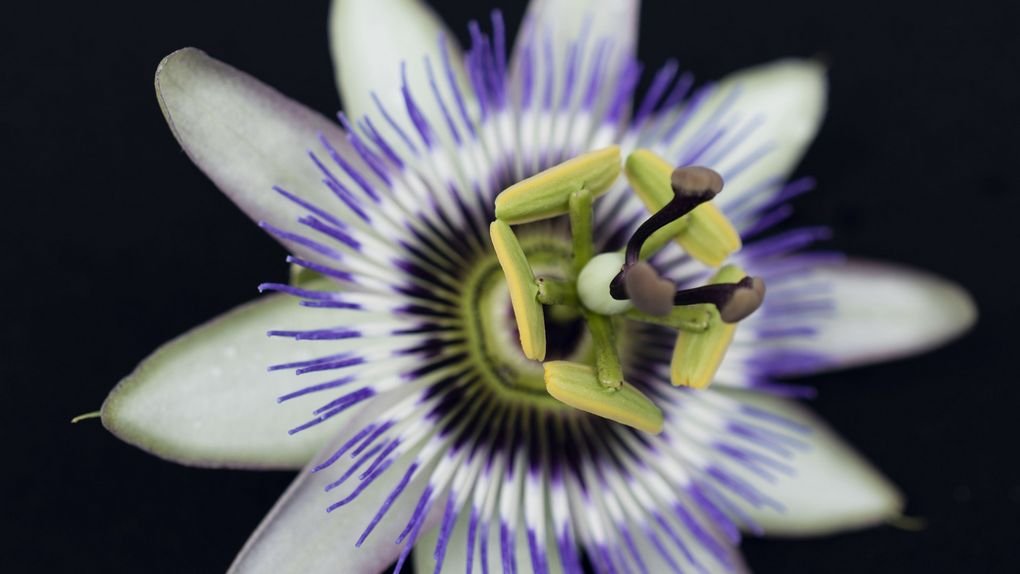
This tea is made out of the stems, flowers, and leaves of the passionflower plant. It is often used to improve sleep and can also alleviate anxiety.
Recent studies have examined the tea’s ability to improve sleep quality and reduce the symptoms associated with insomnia.
Research has shown that drinking one cup of passionflower tea thirty minutes before bedtime can improve your sleep by as much as forty-five percent, when compared to people with chronic sleep issues who did not drink the tea before bedtime.
In short, drinking this tea can improve your overall sleep quality, while also reducing symptoms associated with trouble falling asleep, stress, and anxiety.
The Adanim Bio organic passion flower tea is a great choice that you can find on Amazon.
Magnolia Bark Tea

The magnolia is a flowering plant has been around for millions of years. The tea is made mainly out of the tree’s bark, but it also contains stems and dried buds. It was traditionally used in Chinese medicine to alleviate a variety of symptoms ranging from nausea and anxiety to insomnia, and nasal congestion.
These days, it’s widely used for its sedative and anti-anxiety effects. The sedative effects are mainly due to its honokiol content. It is found in high levels in the bark and flowers.
Honokiol can modify GABA receptor levels in the brain to naturally promote sleep. In many studies, extracted honokiol worked to decrease the length of time it took for mice to fall asleep, and also lengthened the duration of sleep. More research is needed to confirm these same effects in humans.
Magnolia bark tea isn’t easy to find, but here’s a good one on Amazon.
Sleep Teas That Combine Many Of These Herbs
Instead of buying individual herbal teas, or separate loose herbs and combining them, it may make more sense to get a blend that combines some, or all, of the above-mentioned herbs.
This sleep tea from Art of Tea is my favorite:
If you prefer to shop on Amazon, they also have a number of good options. I haven’t tried most of them, but this Bedtime Tea from “Hey Girl” is quite good. Despite the name, guys can drink it too!
Sleep Aid Teas: Final Thoughts
The best teas for sleep aids have been extensively researched in mice, but more research is needed in humans to determine whether or not these teas can affect us in the same manner.
In mice, they have shown to possess compounds that can naturally promote sleep, reduce symptoms of stress and anxiety, and can even help you to fall asleep faster and sleep longer.
Many herbal teas including valerian root, chamomile, magnolia bark, lemon balm, and passionflower can be effective sleep aids and are a much safer alternative to over the counter and prescription sleep aids.
We simply don’t know how effective they will be for everyone or whether they’re powerful enough to combat insomnia, severe anxiety, or chronic sleep conditions.
Despite that, the fact that they are all-natural and that they cost far less than their pharmaceutical counterparts is enough to warrant giving them a try to see if they can work for you.
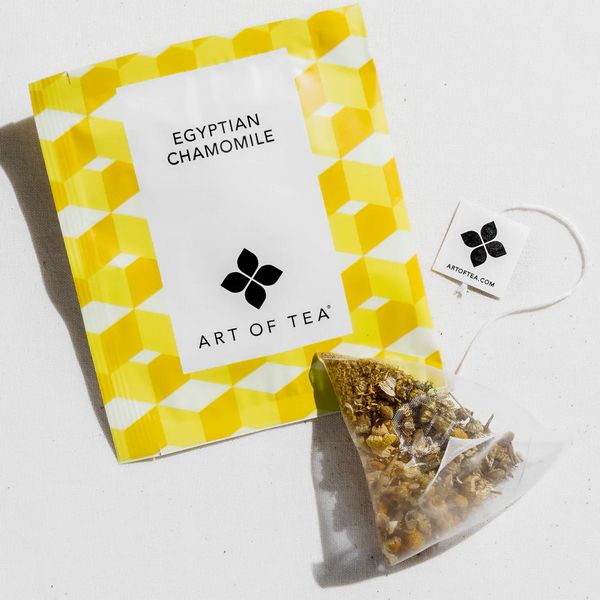



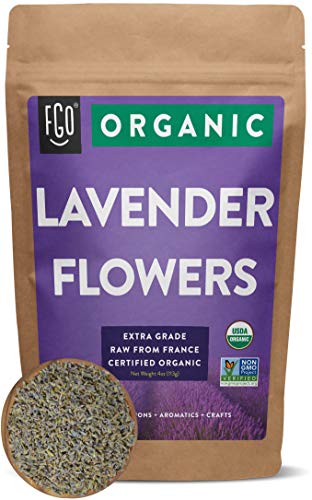


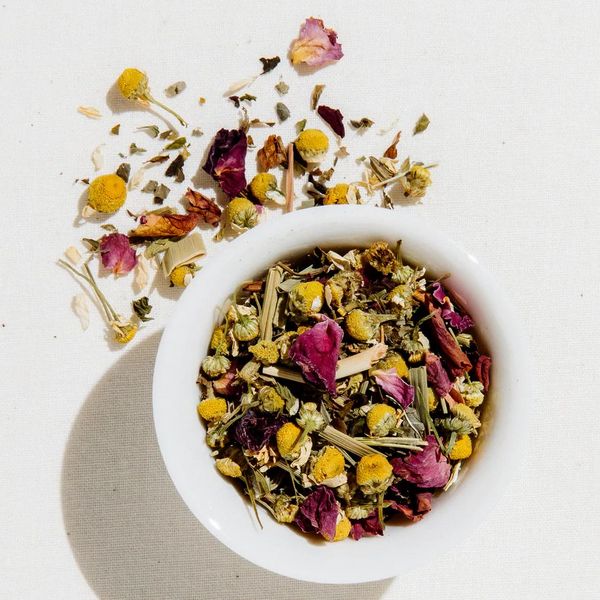

Leave a Reply